‘I was wrong’: Hannibal City Council to rescind fireworks ordinance two weeks after passing it

HANNIBAL, Mo. — The Hannibal City Council is working to rescind an ordinance it approved just two weeks ago that allowed the discharge of fireworks within city limits between the dates of July 3 and 5, following a large structural fire on July 4 at 923 Center Street that sent one person to the hospital and displaced the residents of four apartment units.
The incident was investigated by the Missouri State Fire Marshal’s office and the Hannibal Police Department, and was ruled accidental by fireworks.
As of Tuesday evening, fireworks debris could be found in the lot located directly behind the property, while bricks and shards of glass littered the sidewalk to the west and bright yellow caution tape lined the perimeter.
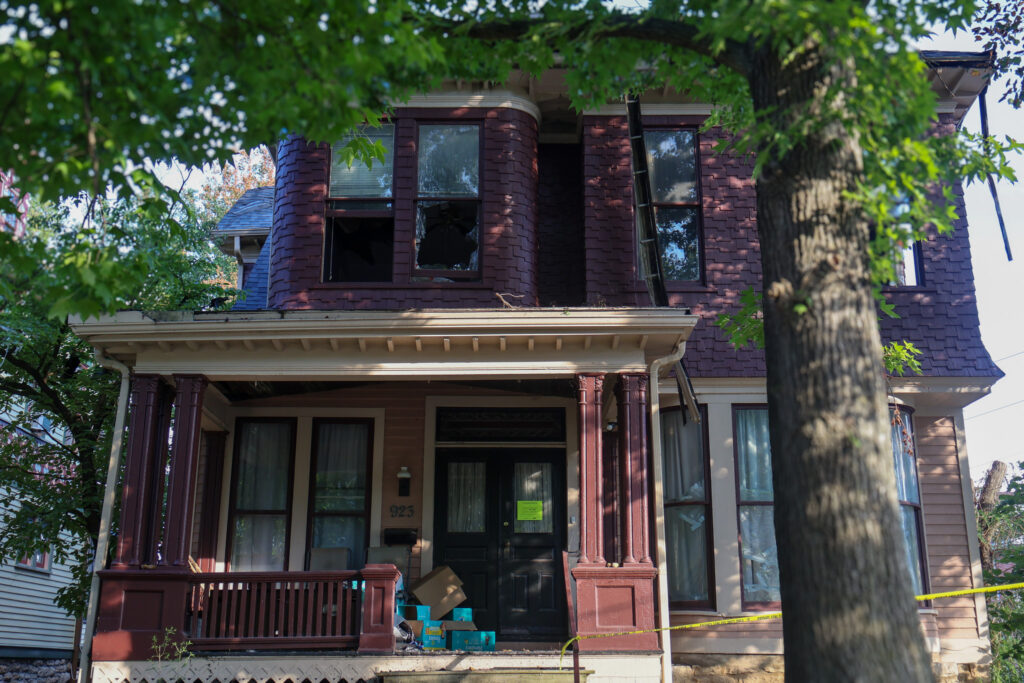
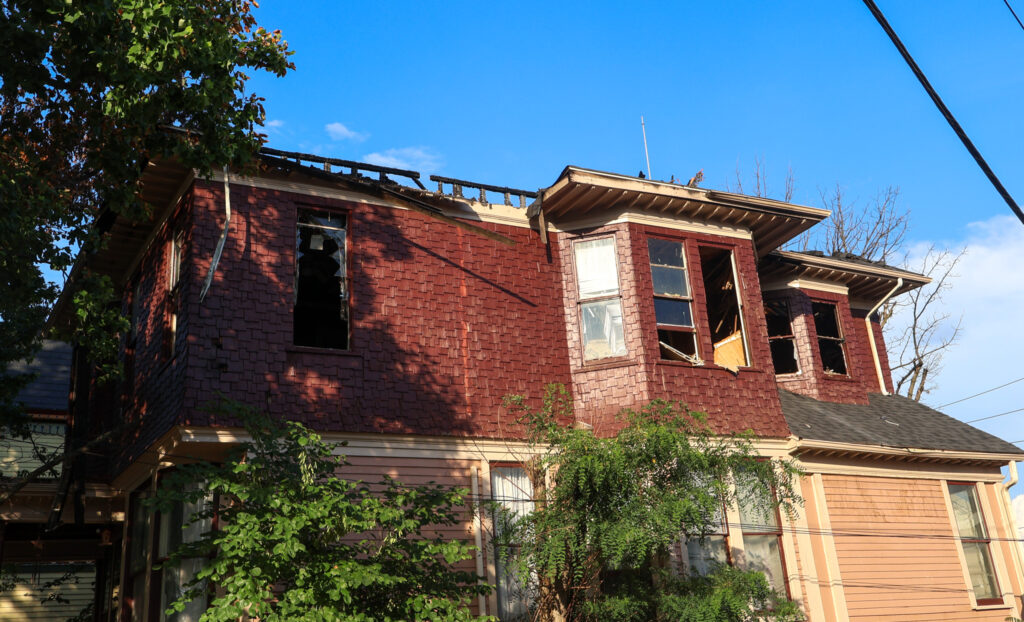
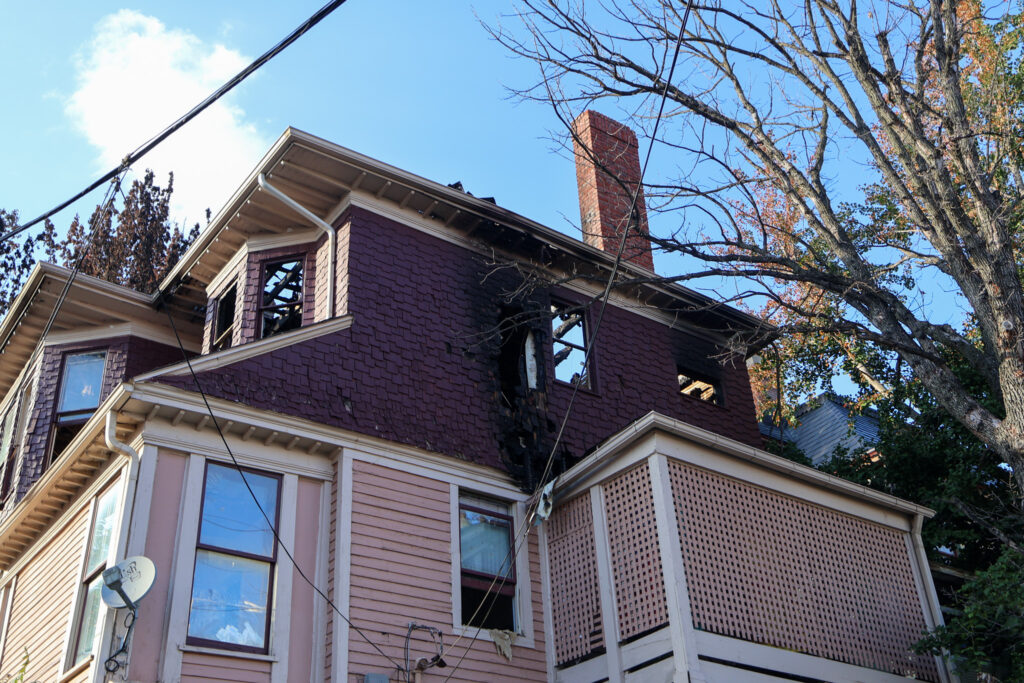
“When we took that vote, one of the things that was discussed was that if it didn’t work out well, we would revisit this,” said Nathan Munger, Sixth Ward council member. “It didn’t work out well.”
James Lemon said it was the first time in his 22 years as city attorney that a motion was made to rescind an ordinance during the meeting immediately following that of which it was passed.
The ordinance was proposed three times by Third Ward Council Member Robert Koehn before it was brought to a vote. In consideration of concerns for fire hazards raised by council members and Hannibal Fire Chief Ryan Neisen, the drafted ordinance was revised after Koehn’s second proposal to require that those discharging fireworks must be at least 18 years of age and have a sufficient fire extinguisher on hand.
Euhlan Leeders of the Fourth Ward and Michael Fleetwood of the Fifth Ward joined Koehn in favor of the ordinance’s approval, while Scott Haycraft of the First Ward, April Azotea of the Second Ward and Munger opposed. Mayor Darrell McCoy broke the tie in favor of its approval, citing a disbelief “in big government and that we should tell people what they can and can’t do on their own property.”
Prior to giving his final decision on the matter, McCoy asked the council if they’d be willing to reconsider their position if “a major disaster” were to occur. Upon their agreement, he voted yes.
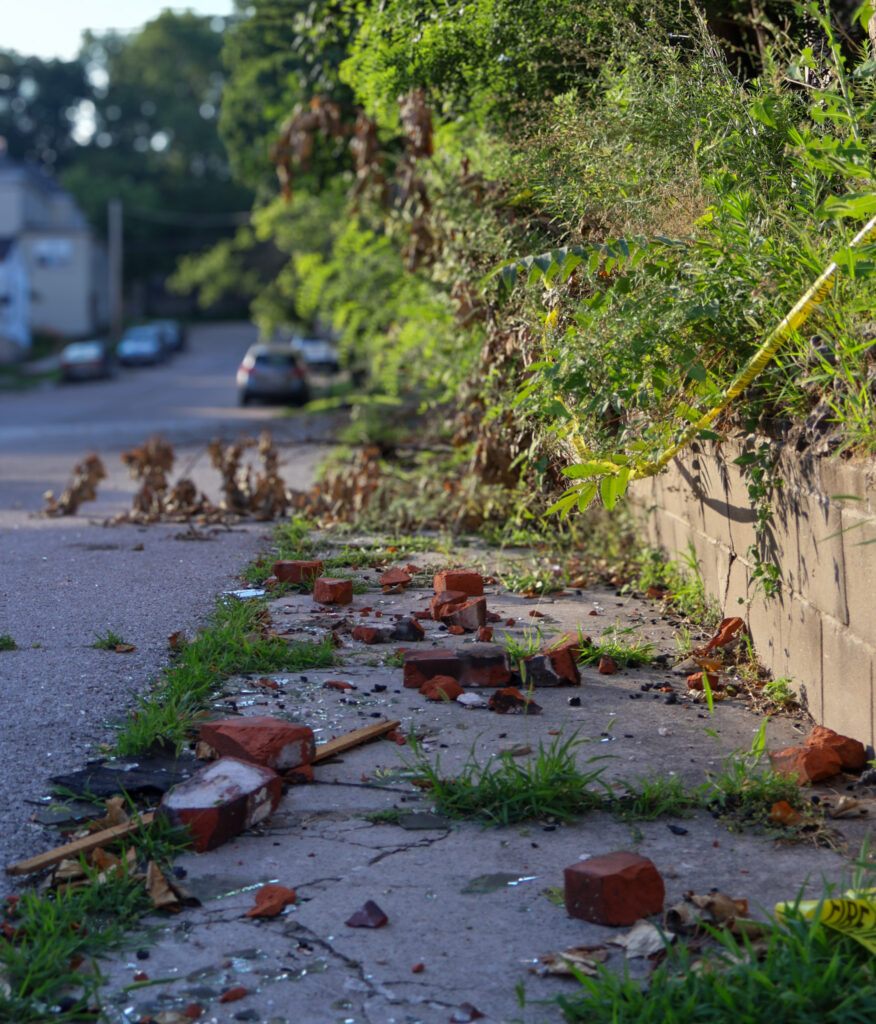
Several social media comments in support of the ordinance claimed it made no difference, as people typically shot off fireworks in celebration of the Fourth of July regardless of the law. However, Neisen said the number of firework-related calls received between July 3 and 5 this year was nearly double the amount they’d received in the last five years combined.
“If you look at our calls over those previous five years, we did not have any major structure fires or anything of that nature,” he said.
Neisen added that the most serious calls previously received pertained to dumpster fires that occurred as a result of people throwing their firework trash away without ensuring it was fully extinguished.
“I was in favor of it before, but after seeing the results of (this Fourth of July) weekend, I am disappointed,” Koehn said. “I’m willing to admit I was wrong and want to correct it.”
Azotea said she received “over 200 calls and messages about fireworks” throughout the holiday weekend, and three constituents urged the council to reconsider the ordinance during the public comment portion of the meeting.
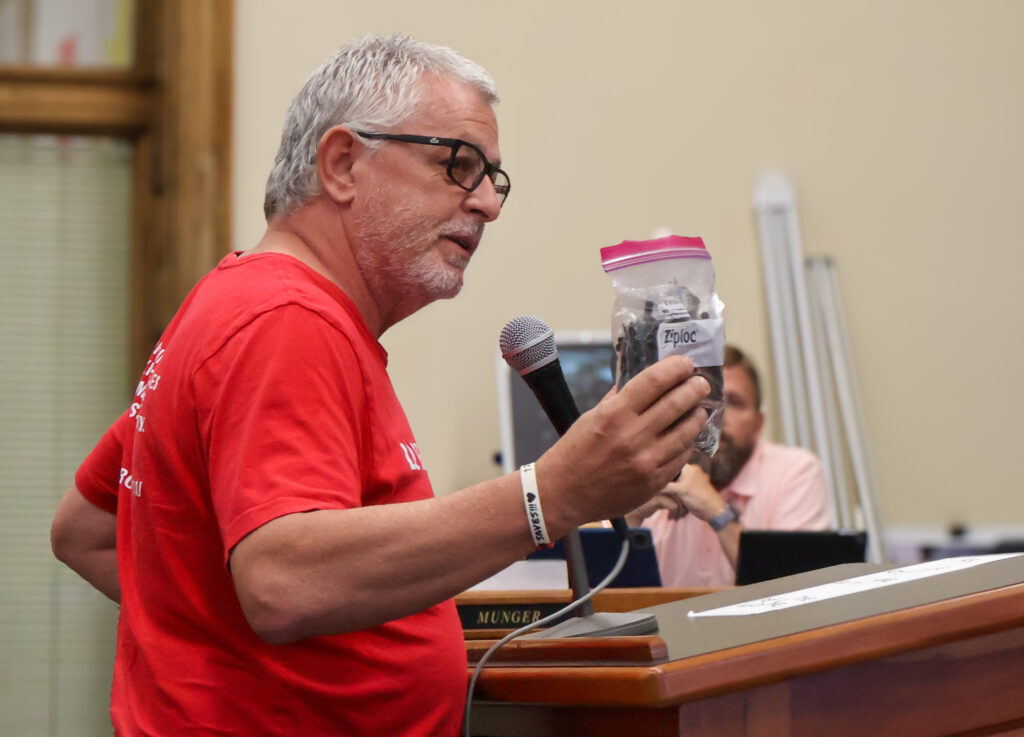
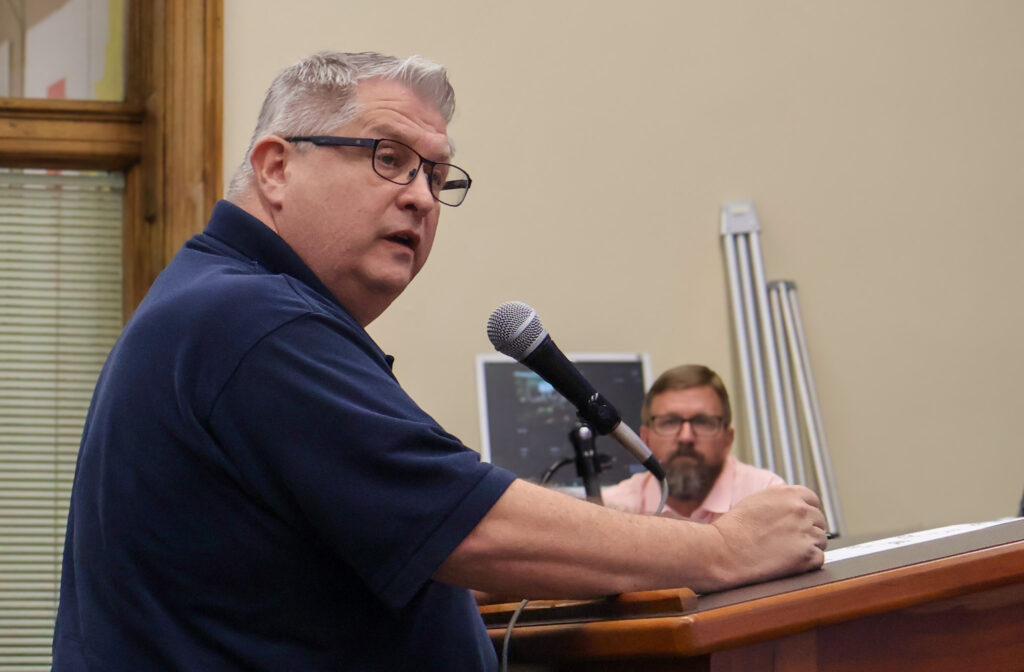
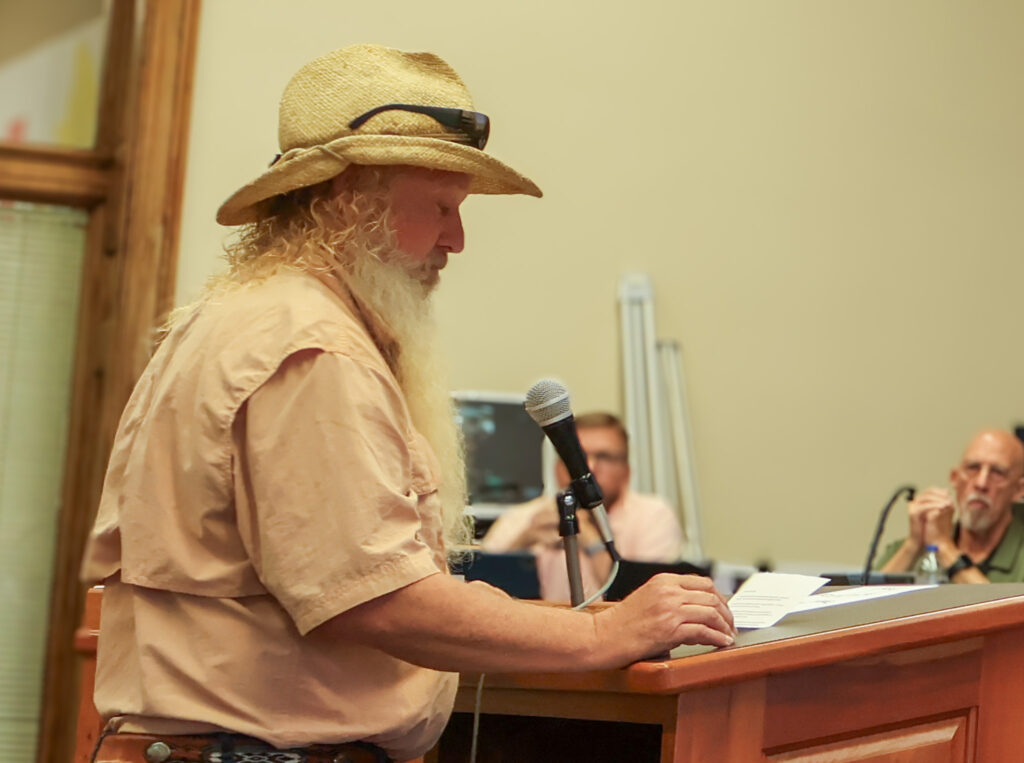
One of those constituents was Wesley Neff, who approached the podium with a small bag of fireworks debris he collected from his property. He did not partake in fireworks this year, he said, nor did anyone else in his immediate neighborhood, yet the bag was “a small portion” of what he collected out of his yard and from his roof.
The trash wasn’t his main issue, though.
“I have a child with autism,” he said after a brief pause.
“He spent three days in his house — a 12-year-old boy with earphones on. It doesn’t just affect the sounds. It’s the effect that it has on his physical body when the explosions happen, especially the artillery shells that are so close around my house.
“I also have a child that is completely dependent upon people. These artillery shells and these things that were melted on top of my roof — should they have caused a fire and maybe I had not known, my daughter has no way of getting herself up and getting herself out of that house. That is true with many citizens in our city — they can’t get out of their house.
“So if something was to happen at my home and it was on fire, and I had no way of getting my daughter out, I basically have two options: Am I going to walk out of the house, and leave my daughter there, hoping that the fire department can get there in time? Or do I choose to die with her? That seems extreme, but it’s the truth.”
Neff concluded his comments by saying that he trusted the council would make their decision in the city’s best interest, then returned to his seat as attendees applauded his testimony.
Jeff Hardoin, the owner of The Huckleberry Inn, a bed and breakfast located a block away from where the July 4 fire occurred at 1021 Center St., also addressed the council. He said that, for the first time in his life, he was “genuinely afraid” on July 3 and 4.
“I was genuinely worried about our home, our bed and breakfast and (the guests staying there). I did not sleep. There were mortars going off in our neighborhood, and the windows shook,” he said. “If you’re going to amend this, take your time. Do your homework. Consider everything, and try and do the best you can.”
Kent Taylor also addressed the council on the matter. He and his wife spent 12 years restoring their historic home at 921 Center Street, just nine feet away from where the July 4 fire occurred. As a constituent of the Third Ward, Taylor said he asked Koehn why he proposed the ordinance.
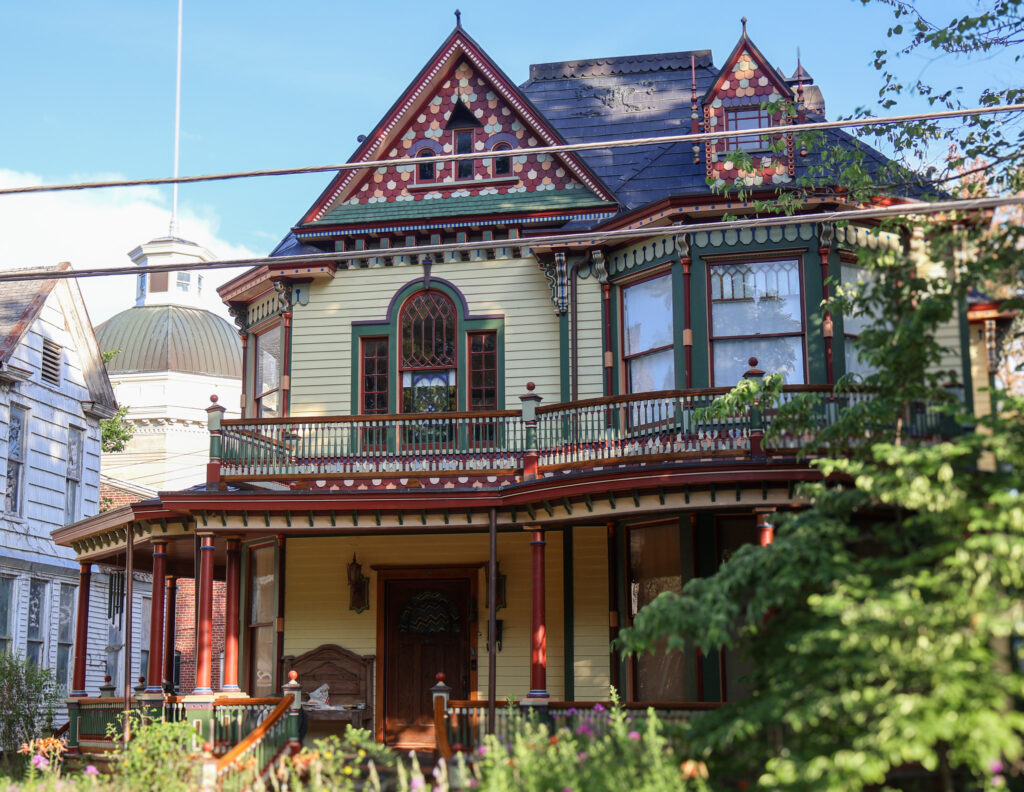
“(Koehn) told me that the majority of his constituents wanted this,” Taylor said. “I have yet to find a single neighbor in a three-block radius of our home that was (in favor of) this new ordinance.”
The Taylors spent tens of thousands of dollars installing a copper roof on their home, known to be one of the most expensive but durable styles, with a lifespan of 70 to 200 years. Because it’s fire-proof, Taylor theorized that it was the roof that protected the rest of his home — and the block — from the fire’s spread.
Though it was spared by the fire, the Taylors’ home sustained an estimated $50,000 to $80,000 in water damages from firehoses.
“My wife and I pray that no one else has to ever experience watching a devastating fire take place only nine feet away from their beautiful home, and not knowing how long it’s going to take to get the ball rolling or if we’ll even be compensated for our tragic loss,” Taylor said.
When asked after the July 1 meeting what options citizens would have in instances of firework-related property destruction, Lemon said they’d be “out of luck” because it would be difficult to prove who was at fault.
“Is it possible that somebody could sue the city? Yes. Is it likely that they will see a recovery? Probably not,” Lemon said at the time.
Prior to comments from the public, Munger made a motion that was quickly seconded by Azotea to revert the ordinance back to its original form, which prohibits the sale and discharge of fireworks within city limits with few exceptions — none of which include a blanket exception for regular use in celebration of the Fourth of July.
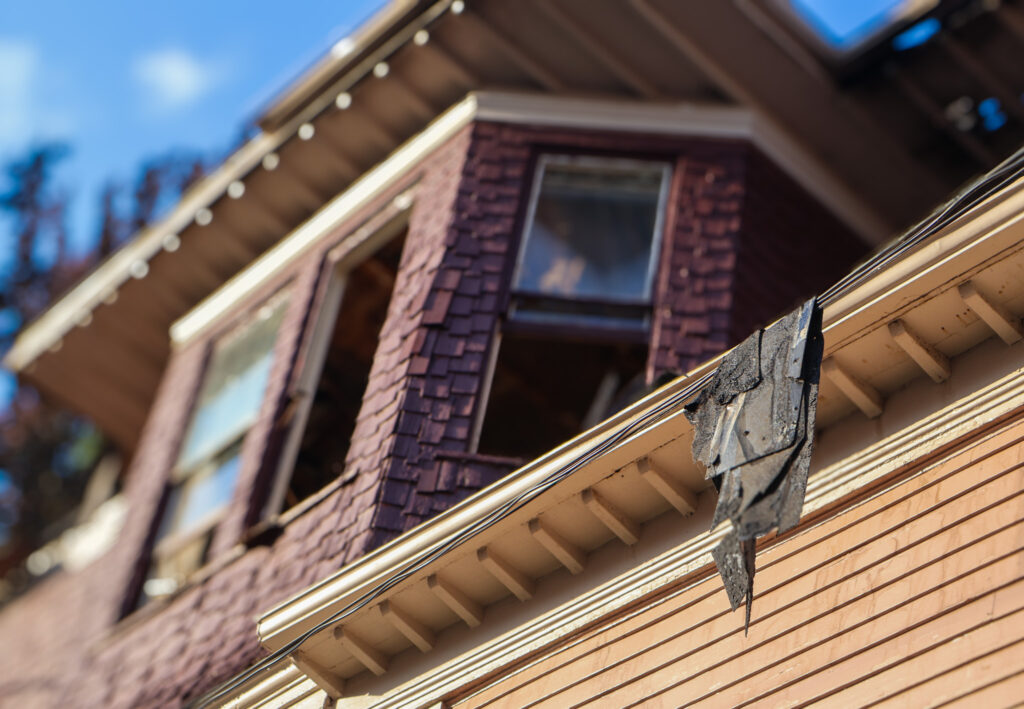
Miss Clipping Out Stories to Save for Later?
Click the Purchase Story button below to order a print of this story. We will print it for you on matte photo paper to keep forever.

